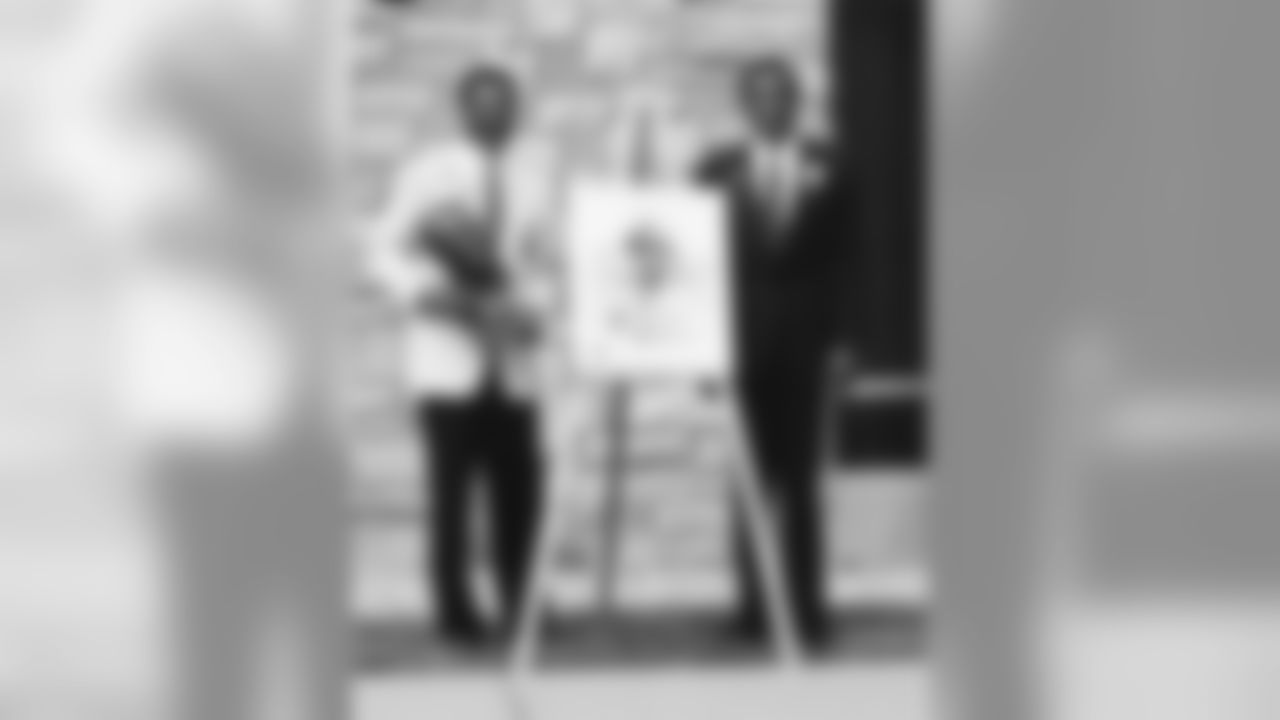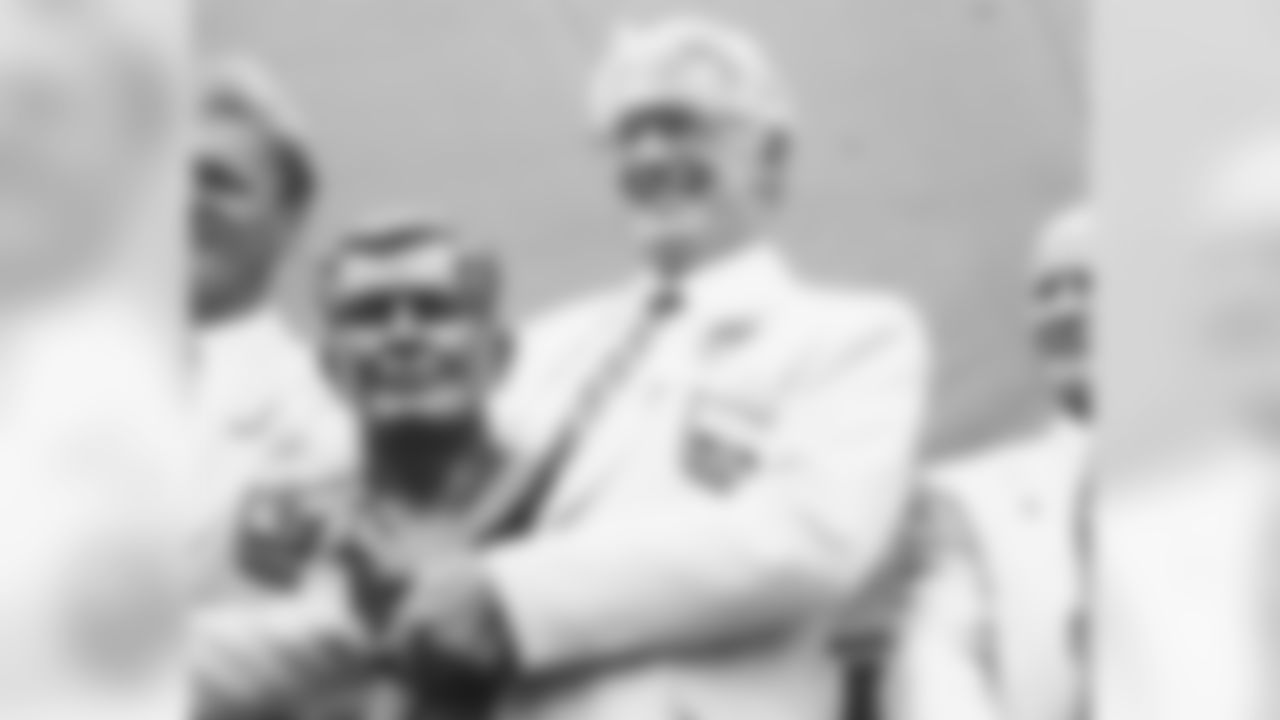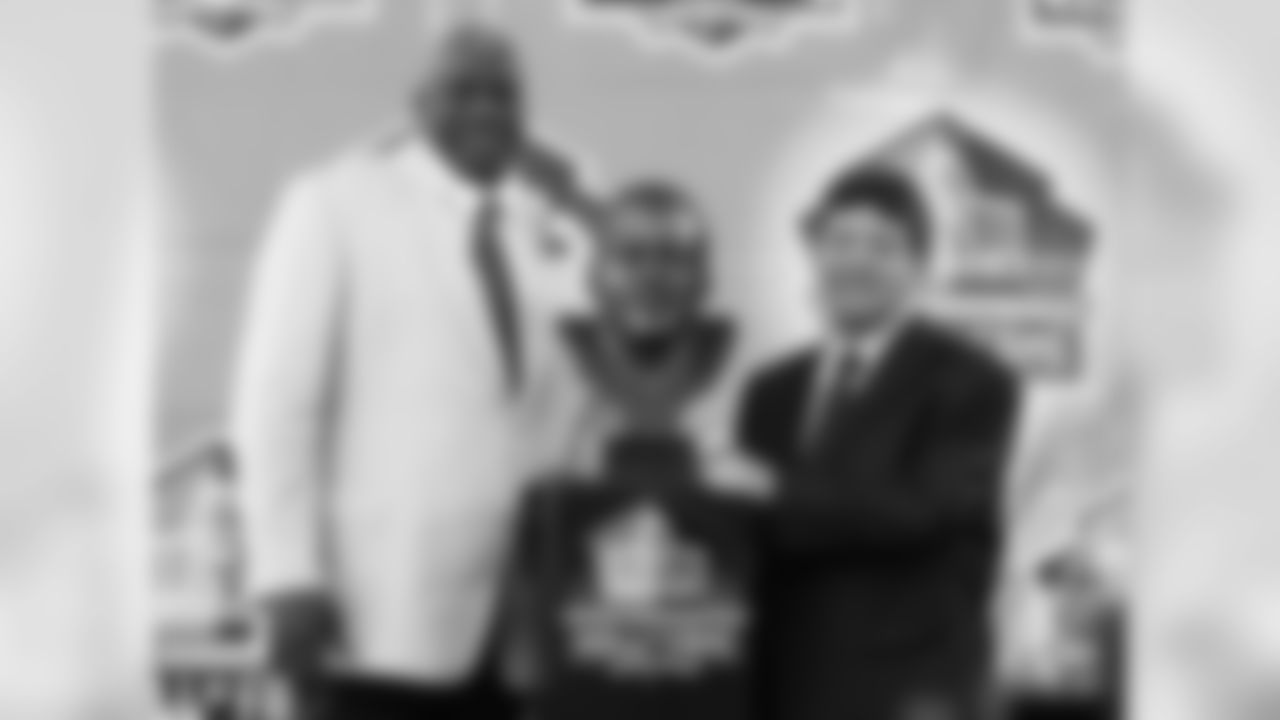In an era in which high-profile athletes switch cities every offseason in every sport, finding a player who remains in one place throughout his career has become increasingly rare to find.
But if you back at past generations, there are examples of such one-town players. Players like John Brodie; a throwback in every sense of the word.
The heralded quarterback from yesteryear was born in the Bay Area, was a star high school athlete in the Bay Area, became an All-American in college in the Bay Area and played all 17 years of his professional career in the Bay Area.
Loyal indeed.
Brodie, the longest-tenured 49ers player in franchise history, boasts many NFL accomplishments including an MVP award, two Pro Bowl selections and 31,548 passing yards – which ranked third in NFL history at the time of his retirement in 1973, trailing only Hall of Famers Johnny Unitas and Fran Tarkenton.
But despite his long list of highlights on the gridiron, Brodie has not yet been inducted into the Pro Football Hall of Fame – a fact many close to Brodie and the 49ers will tell you is a farce.
But before digging further into his credentials and bid for football immortality, let's go back to the beginning.
Born in August of 1935 in Menlo Park, Calif., Brodie was a star athlete in three sports growing up – ironically enough, he would go on to turn pro in two entirely different sports. More on that impressive distinction later though.
Brodie was a youth tennis champion and earned All-City honors at Oakland Tech High School in baseball and basketball.
As his wife, Sue, once said, "John wants to be tops in anything he attempts, or it's not worth the effort."
When Brodie first arrived at Stanford in the mid-1950s, he hadn't even planned on trying out for football, instead hoping to concentrate on baseball and basketball.
But after Brodie sustained a separated shoulder in a freshman basketball game, an injury that sidelined him for the winter and spring sports seasons, he decided to walk on the football team the ensuing fall.
Brodie, the gifted athlete that he was, of course made the squad, and he ended up playing three seasons for the Cardinal from 1954-56. In his senior year, Brodie led the nation in pass completions (139), completion percentage (.579), passing yards (1,633) and passing touchdowns (12).
For his efforts, he earned consensus first team All-American honors that season and was later inducted into the College Football Hall of Fame in 1986.
Those accolades, however, weren't the only accomplishments from his collegiate career.

During one spring football practice on "The Farm," Stanford coach Chuck Taylor could not seem to find his star quarterback. As it turned out, Brodie was busy trying out for the Cardinal golf team.
Brodie later offered an explanation to Golf Journal in 1970, telling the magazine that "spring is golf time."
Brodie made the golf team and went on to compete in two NCAA Golf Championships for Stanford in between football seasons.
Following his illustrious college career, Brodie was taken third overall in the 1957 NFL Draft by his hometown 49ers. In his first three seasons for San Francisco, Brodie was second-string to future Hall of Fame quarterback Y.A. Tittle.
During that stretch, Brodie spent his offseasons competing on the golf course. He shot a 65 in the opening round of the San Francisco Open, won the Northern California Amateur golf tournament in 1958 and qualified for the U.S. Open in 1959. Mind you, he did this as an NFL player in his spare time.
Imagine Colin Kaepernick competing against PGA Tour stars Jordan Spieth and Rory McIlroy. That's what Brodie did, as he faced off versus the likes of Arnold Palmer, Ben Hogan and Gary Player at that 1959 U.S. Open at the legendary Winged Foot Golf Club in New York. Brodie missed the cut but just making the field was the real accomplishment.
It wasn't until after the 49ers traded Tittle to the New York Giants in 1961 and Brodie became the team's starter that he decided to put golf on the backburner.
"Football was something I was better at at that time," Brodie told The Associated Press.
In his first nine seasons leading the team, Brodie had several productive seasons – including a 1965 campaign in which he led the NFL in completions, passing yards and touchdowns – but San Francisco failed to get over the hump and qualify for the postseason.
The playoff drought ended stopped in 1970. Under coach Dick Nolan and behind Brodie's MVP season, the 49ers won their first division title in franchise history. That year, Brodie threw for a league-best 3,941 yards and 24 touchdowns.
In the postseason, the 49ers defeated the Minnesota Vikings, 17-14. The following week, in the final 49ers game ever played at Kezar Stadium, Brodie threw for 262 yards and a touchdown, but San Francisco fell to the rival Dallas Cowboys, 17-10, in the NFC Championship game.
The next year, in the team's first season playing in Candlestick Park, Brodie again led the 49ers to the NFC Championship game before a repeat loss at the hands of the Cowboys, 14-3.
Two seasons later, after a third playoff appearance, Brodie hung up his football spikes and retired.
Considering how rush-happy NFL offenses were the norm during that time period, Brodie's nearly two-decade run in red and gold served as a precursor for today's game, which is predominantly focused on the passing game. Throwing for more than 30,000 yards and 200 touchdowns was a testament to Brodie being ahead of his time.
Twenty-two NFL players that put on the red and gold have been elected to the Pro Football Hall of Fame, and a few more have been elected to the 49ers Hall of Fame.


















































Brodie's exclusion from the Hall of Fame is likely because of the 49ers lack of team success during the early portion of his career.
Bob Griese, who played during Brodie's era, won two Super Bowls with the Miami Dolphins and was inducted into the Hall of Fame in 1990. He led the league in pass completion percentage and touchdown passes only once. On the other hand, Brodie led the NFL in completions three times, passing yards three times and touchdowns twice. Brodie ended his career with 6,000 more passing yards than Griese as well.
The 49ers went on to retire Brodie's number 12 jersey, but in 2006, Trent Dilfer asked the quarterback if he could wear the number to bring attention to Brodie's campaign for Canton.
"I really believe John should be in the Hall of Fame, and hopefully this will create some awareness of his career and how spectacular it was," Dilfer told ESPN at the time. "It's probably the biggest honor of my career to this point."
That was a strong endorsement, considering Dilfer won a Super Bowl with the Baltimore Ravens.
After a stint as an analyst for NBC Sports, Brodie returned to golf as a regular on the Senior PGA Tour. His second career included 12 top-10 finishes, a second U.S. Open appearance (1981) and a win at the 1991 Security Pacific Senior Open in Los Angeles.
Brodie suffered a stroke in 2000, but he still lives in La Quinta, Calif., at the age of 79.
When asked in 1987 by *The Associated Press *if he thought his competitiveness would ever go away, Brodie said, "I don't see how you could ever lose it. That's why you play the game."






